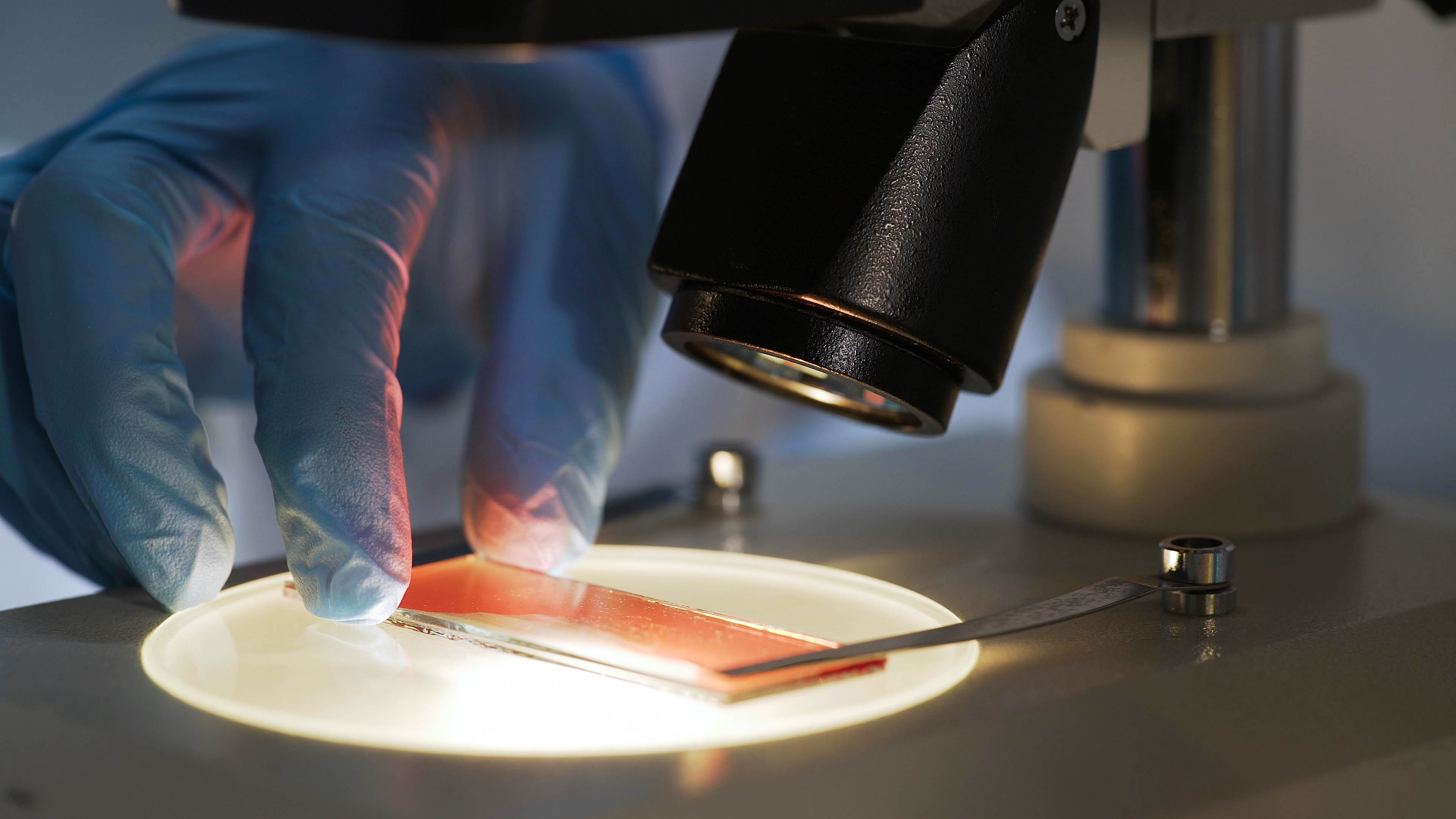
All You Need To Know About Hemophilia
Hemophilia is a rare inherited disorder. The cause of hemophilia is the deficiency of factor VIII or factor IX. This deficiency can stop normal hemostasis. As a result, it cannot form a stable fibrin clot in order to stop bleeding. The past 25 years have represented a “new golden era” in hemophilia treatment with a better life expectancy rate. With proper timely treatment by a hematology specialist, people having hemophilia can maintain an active and productive lifestyle. However, you should be fully aware of this condition. So, keep reading.
What is hemophilia?
Hemophilia refers to an inherited disorder in which blood does not clot normally due to a lack of insufficient blood clotting factors. The clotting factors in blood help in the stoppage of bleeding when a blood vessel is broken. A person suffering from this disorder bleeds for a long time after an injury than normal. Although superficial cuts and scrapes may be alarming, the bigger health concern is internal bleeding in the body especially in knees, ankles, and elbows. Internal bleeding can damage tissues and organs and may be fatal. There is no cure for this disorder. But with proper treatment and self-measures, people with this disorder can maintain an active and productive lifestyle. Genetically, men have a higher chance of inheriting hemophilia than women.
What causes hemophilia?
When a person bleeds, the body pools the platelets in the blood together to form a clot that stops the bleeding. The process of clotting is encouraged by certain factors in the blood. Deficiency in one of the clotting factors results in hemophilia. Hemophilia is an inherited disorder, that is, it passes from parents to children.
30% of the people with this disease have no family history of the disorder. In these individuals, hemophilia is caused due to genetic mutation. Various types of hemophilia are classified according to the deficient clotting factor. This condition can be easily transmitted from the mother to her child.
- Hemophilia A- Caused due to deficiency of clotting factor VIII.
- Hemophilia B- Caused due to deficiency of clotting factor IX.
- Hemophilia C- Caused due to deficiency of clotting factor XI.
What are the signs and symptoms of hemophilia?
Symptoms and signs vary depending on levels of clotting factors. If the clotting factor is reduced mildly then the person may bleed for a long time only after trauma or surgery. If the deficiency is severe, the person can experience spontaneous bleeding. Symptoms and signs of spontaneous bleeding include:
- Unexplained and excessive bleeding because of cuts or injuries
- Unexplained bleeding after vaccination
- Swelling, pain, or tightness in joints
- Unusual nosebleeds and bleeding from gum
- Irritability in infants
- Large and deep bruises
- Blood in stool and urine
- Prolonged painful headache
- Extreme fatigue
- Sudden joint pain
- Sudden weakness, clumsiness
- Joint swelling and warmth
- Double vision
- Convulsions
- People who have a family history of hemophilia should be screened for the condition, especially before marriage or before planning a child.
- In adults and children, blood tests like clotting time can show a deficiency of clotting factors. Sometimes this disorder is not diagnosed until a person undergoes surgery and experiences excessive bleeding.
How can you diagnose hemophilia?
Is hemophilia curable?
There is no cure for hemophilia but it can be controlled with regular infusions of the deficient clotting factor. However, hemophilia can be treated based on its type:
- Mild hemophilia A- Slow injection of hormone desmopressin into the vein can stimulate the release of von Willebrand factor which helps to stop bleeding.
- In the case of moderate to severe forms of hemophilia A or B, the bleeding halts after the recombinant clotting factor or clotting factor obtained from a donor is infused into the patient.
- Tranexamic acid is usually used for treatment and as a preventive measure in hemophilia C.
- Preventive exercises strengthen joints, particularly the elbows, knees, and ankles.
- Gene therapy
How to prevent hemophilia?
- Preconception and prenatal counseling can help in knowing about the risk of having a baby who might suffer from hemophilia.
- If signs and symptoms are observed consult a hematology specialist for proper treatment and suggestion.
How do I find a hematologist doctor near me?
Do a Google search by typing hematologist doctor near me. If you are from Carmichael, Folsom, Sacramento, or Roseville in California, consider Sierra Hematology & Oncology Medical Center as your go-to center for hemophilia treatment.
Our hematologists at Cancer treatment Medical Center deliver a personalized treatment plan after assessing your medical history and the severity of your hemophilia condition. Similarly, blood disorders can affect any body part. Hence, our hematologists can connect with other specialists right away to deliver the right treatment at the right time. Schedule an appointment today!
Also Read:
Bacterial colonization of the microbiome linked to the development of ovarian cancer
These 5 Factors Increase Your Risk for DVT – The Silent Killer

